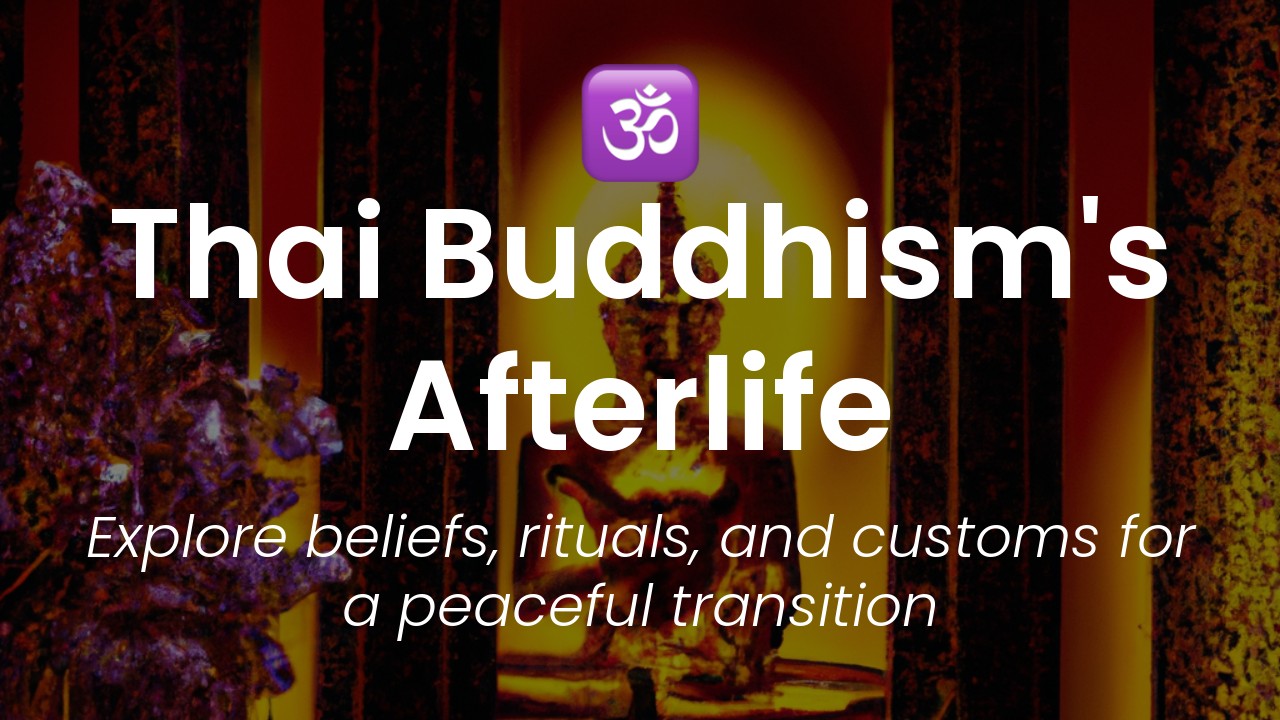As someone who was born and raised in Thailand, I have always been enamored with the Theravada Buddhist tradition that permeates our culture. One of the most beautiful aspects of Thai Buddhism, in my opinion, is the practice of Metta or loving-kindness meditation. Not only does it bring about feelings of peace and harmony within oneself, but it also promotes positive connections with others and the world around us.
Metta, or "Maitri" in Sanskrit, is a Pali term that translates to "loving-kindness" or "unconditional goodwill." It is one of the four divine abodes or Brahma-viharas in Buddhism, the others being compassion, sympathetic joy, and equanimity.
The practice of Metta involves focusing on oneself and others, wishing them happiness and freedom from suffering. It helps cultivate a sense of benevolence, empathy, and compassion towards all beings, including oneself, loved ones, strangers, and even enemies. It is said that the practice of Metta not only benefits the practitioner but also radiates positive energy outward and affects those around them.
What is Metta Practice?
Metta is a Pali word, the sacred language of Theravada Buddhism, which means "loving-kindness" or "friendliness." In Thai Buddhism, Metta practice refers to a meditation practice that aims to cultivate acts of kindness, warmth, and friendliness towards oneself and others.
Origin of Metta Practice in Thai Buddhism
The roots of Metta practice can be traced back to the teachings of the Buddha and the practice of the Four Brahma Viharas, the divine abodes or immeasurables. In Pali, the Four Brahma Viharas are known as metta (loving-kindness), karuna (compassion), mudita (sympathetic joy), and upekkha (equanimity). These four practices are known as the Brahma Viharas because they enable one to dwell in a divine state of being.
The practice of Metta is especially significant in Thai Buddhism, where it is considered one of the core practices. Metta is a vital component of the Buddhist path because it cultivates positive states of being that lead to inner peace, happiness, and liberation from suffering.
How Metta Practice Works
Metta practice involves developing a state of loving-kindness towards oneself, loved ones, acquaintances, strangers, and even difficult people in our lives. The practice begins by directing loving-kindness towards oneself using the phrases "May I be happy, May I be healthy, May I be safe, May I live with ease."
The practitioner then extends loving-kindness towards someone they love, using the phrases "May you be happy, May you be healthy, May you be safe, May you live with ease." This is followed by directing the same phrases towards someone neutral, someone we don't have strong feelings towards, and ultimately towards someone who challenges us, someone we perceive as difficult.
The practice is performed with closed eyes and a focused awareness on the breath. It is not merely reciting the phrases but rather cultivating the feeling of loving-kindness towards oneself and others.
Benefits of Metta Practice
Research has shown that Metta practice has numerous benefits for physical and mental health. Studies have found that Metta practice helps to reduce stress, improve mood, increase empathy and social connection, and even boost the immune system.
Metta practice can also help to cultivate positive qualities such as compassion, gratitude, forgiveness, and generosity. These qualities can help one to develop a more positive outlook on life and improve relationships with others.
Techniques for Practicing Metta
There are many techniques for practicing Metta, but one of the most common is the use of Metta phrases or mantras. The phrases used can be tailored to suit the needs of the individual, but should generally include the phrases "May I be happy, May I be healthy, May I be safe, May I live with ease."
Other techniques for practicing Metta include visualizations of oneself or others as happy and healthy, observing sensations in the body while cultivating the feeling of loving-kindness, and even expressing acts of kindness towards others.
Integrating Metta Practice into Daily Life
Metta practice need not be limited to formal meditation practice. By continually practicing self-awareness and cultivating a state of loving-kindness towards oneself and others throughout the day, one can integrate Metta practice into daily life.
Simple acts such as holding the door for someone, offering a compliment, or even silently reciting the Metta phrases to oneself throughout the day can help to develop a compassionate heart.
Conclusion
Metta practice is a powerful tool for developing inner peace and cultivating positive qualities such as compassion and gratitude. By directing loving-kindness towards oneself and others, one can develop a more positive outlook on life and improve relationships with others. Whether formal meditation practice or simple acts of kindness throughout the day, Metta practice has the potential to transform one's life from the inside out.







